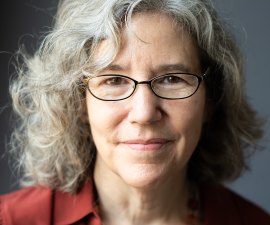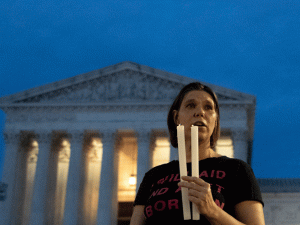

Research Bio
Laura C. Nelson is a sociocultural anthropologist and gender studies scholar whose research primarily examines gender and social change in South Korea. Her book, "Measured Excess: Status, Gender, and Consumer Nationalism in South Korea," examined how women were recruited to make consumption choices serving the interests of the nation during the period of accelerated economic development in the 1960s-1990s. Nelson has also written about gender and breast cancer in South Korea, particularly focusing on how women's interpretation of stress as a causal factor opens up possibilities for them to recognize the mundane misogyny in their ordinary lives. In another research project, Nelson is tracing the influence of demographic trends, specifically ebbs and flows of imbalances of men and women and changes in family formation and fertility, on South Korean society and culture from the foundation of the Republic in 1948 until the present. In all these projects, Nelson draws on ethnographic and archival methods to illuminate the importance of gender as a structure through which political goals and social change are achieved.
Nelson is Associate Professor of Gender and Women’s Studies, and Associate Dean of Social Sciences, at UC Berkeley. At Berkeley, she teaches courses on gender, reproductive justice, health inequities, and feminist research methodologies. Outside academia, Nelson has worked in policy evaluation, training and financing for micro-entrepreneurs, and employment opportunity development.
Research Expertise and Interest
gender and medicine and politics, breast cancer in South Korea, cultural impacts of ultra-low fertility, demographic undertow, structures on cultural temporality and anti-poverty policies in the U.S. and South Korea

